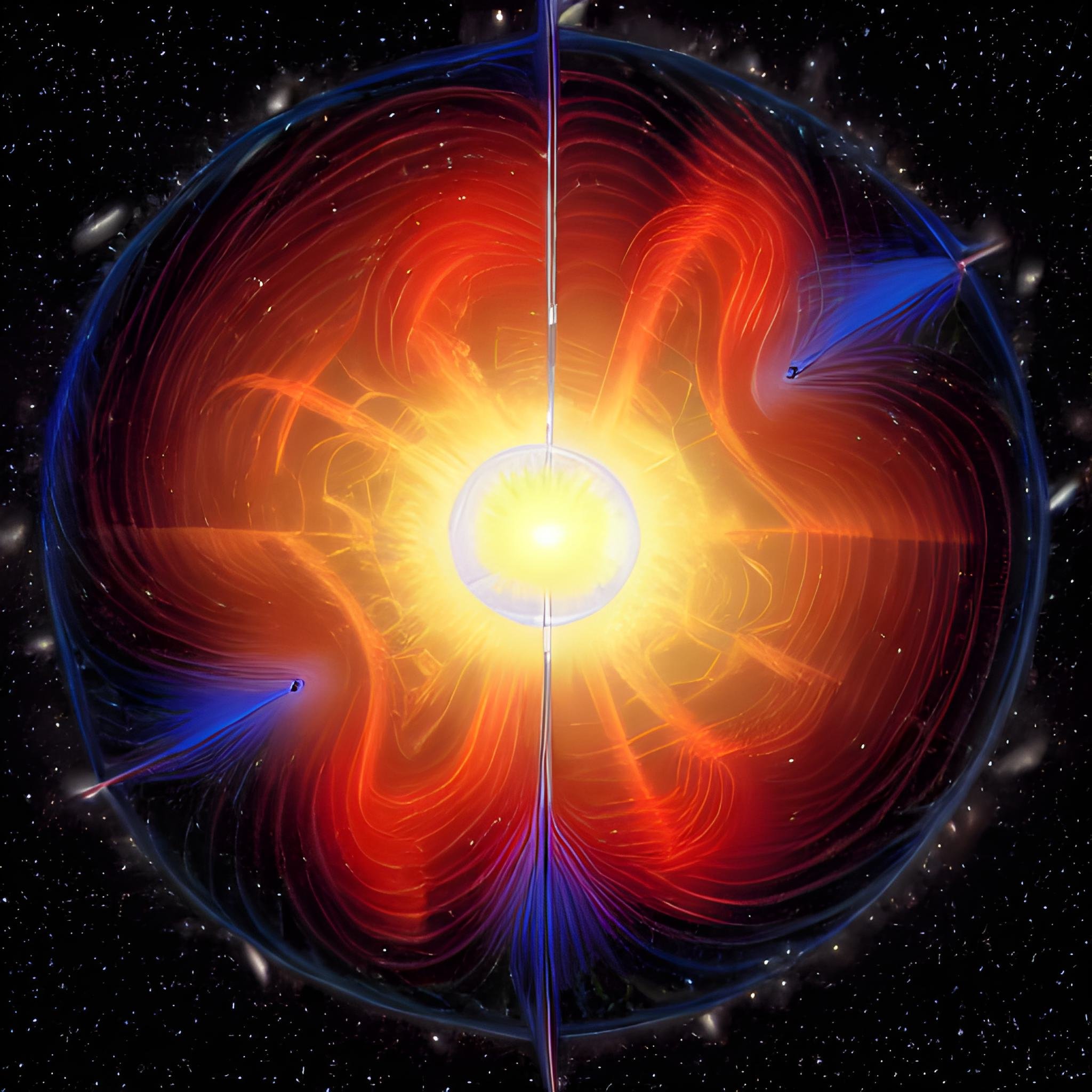
Intelligent Design FAQ
What is Intelligent Design?
Intelligent Design is a theory that proposes features of the natural world are best explained by an intelligent cause rather than an undirected process such as natural selection. The Intelligent Design hypothesis focuses on how specific structures and processes in living organisms and the universe contain advanced complexity and specific information. Thus, it must have been designed by an intelligent agent.
Is Intelligent Design the same as Creationism?
No, the Intelligent Design (ID) theory only states that based on scientific observations, we can conclude that there are fingerprints of a designer. Intelligent Design does not definitively describe who that designer is or whether it is a single agent or multiple. However, many ID proponents have found numerous alignments between scientific discoveries and Biblical evidence.
Is Intelligent Design a scientific theory?
Yes, ID is a scientific theory. Intelligent Design is, at its core, a scientific endeavor, not a religious one; however, it often leads to more significant questions only theology and philosophy can answer. The arguments for Intelligent Design deal with scientific evidence that stands apart from theological interpretations.
Many critics of ID say it is not a scientific theory and often call it a pseudoscience. In many cases, the critics group ID with Creationism and make arguments against Creationism instead of ID. These objections fall into a strawman logical fallacy as they fail to address the fundamental evidence put forward by ID and instead focus on Creationism's link with Christianity.
Additionally, critics will say that ID does not make predictions and is not falsifiable, concluding since it does not have these properties, it is not a scientific theory.
Firstly, ID can make predictions; a great example of this is when "Junk DNA" was discovered. The ID theory predicted that we would find hidden uses for this "Junk DNA" in the decades that followed, and that is precisely what the current evidence point towards. Read more about Junk DNA: https://www.discovery.org/b/the-myth-of-junk-dna/.
Secondly, a slightly better argument from critics is that ID is not falsifiable. It is agreed even by ID advocates that it is impossible to disprove an intelligent agent creating the universe; however, the evidence presented by ID is falsifiable, meaning it can be proven false if a better explanation is found. Read more about this objection on falsification here: https://www.discovery.org/a/2812/
What are the main arguments for Intelligent Design?
Cosmological Arguement
It is a classic three-part argument that simply states that all effects have a cause. This argument has its roots in Islamic thought and declares 1.) Anything that begins to exist has a cause 2.) The universe began to exist 3.) Therefore, the universe has a First Cause.
The Origin of Irreducibility Complex Molecular Machines
The complexity of how life works at the most fundamental levels cannot be overstated. The machines that make life work are incredibly complex and show many design and engineering aspects.
The Fine-Tuning of the Universe
As we learn more about the universe, we have discovered that there are many physical factors that must have specific values within extremely small tolerances. Some examples include the gravitational constant, the balance of the electromagnetic force, cosmological constant and more.
The Origins of Animals
The problem only gets worse as you consider larger forms of animal life. Multicell organisms inexplicitly appear in the fossil record and require even more complex systems and information that defies natural processes.
The Origin of Information in DNA
DNA has been compared to computer code by many people if we stop and consider that computer code doesn't simply come into existence with time but originates from the mind of computer programmers. The conclusion an intelligent agent programmed the information in DNA becomes the simplest explanation.
The Origins of Humans
Humans are unique not only from a Biblical perspective but also scientifically. Humans are remarkable in multiple and distinct ways, including our intelligence, self-aware, ability to walk upright, use of technology, and much more.
